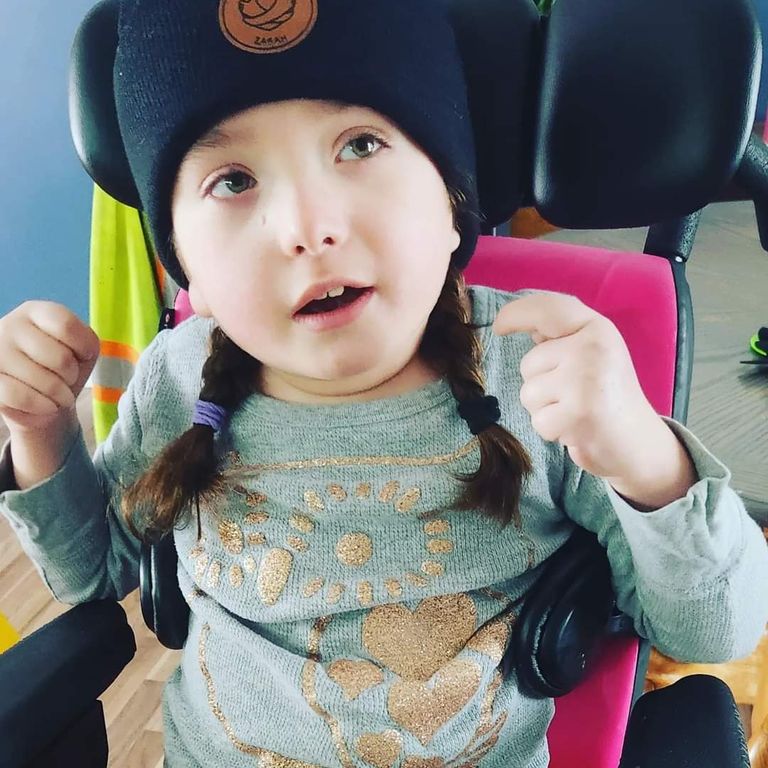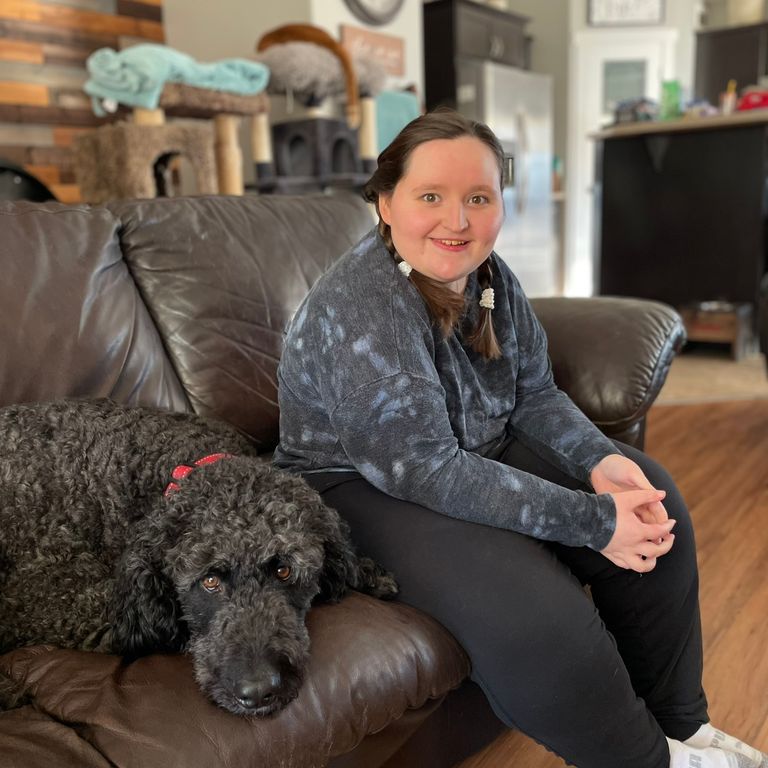Supporting Saskatchewan families affected by Rett Syndrome
Saskatchewan Rett Syndrome Association is a non-profit working towards giving these families the support they need.

Our Mission
Communication and Support
We strive to connect Saskatchewan families affected by Rett Syndrome in order to build a supportive community that can listen, offer advice, and a shoulder to lean on. Our goal is to keep our families up on the latest research and treatments by sending them to learning conferences across Canada and the world. We also aim to raise public awareness and fundraise for medical research.Our Impact
One in every 10,000 individuals is affected by Rett Syndrome (RS). Although it is classified as a rare condition, many families in Saskatchewan are impacted by this disorder. Researchers worldwide are dedicated to enhancing the lives of those with Rett Syndrome through innovative therapies, symptomatic treatments, and even efforts to reverse the condition. Via the Hope fund started by ORSA, we also donate money to Canadian researchers to help with their efforts.
With the rapidly evolving research landscape, it can be challenging to navigate the wealth of information available. Accessing reliable resources is a crucial step in simplifying this journey.
National and international Rett Syndrome conferences serve as valuable platforms for connecting families with the latest research. Each year, we sponsor one to two families to attend these conferences on a reconnaissance mission, gathering insights to share with our community upon their return. By working together as a united community, we can streamline the often overwhelming process of information gathering.
Common Questions
What is Rett Syndrome?
What causes Rett Syndrome?
What is on the horizon for Rett Syndrome Research?
Gene therapy has reversed rett syndrome in mouse models. Two companies, Neurogene and Taysha are currently in clinical trials! Additionally, trofinetide is under investigation by Health Canada to be marketed for symptom relief.
What about cognitive symptoms?
What kind of symptoms are common?
How can I become a member?
People Affected
Years Serving Families
Raised for Families and Research
Your Help
We Need Your
Help
Your donation will be put towards research towards treatments, as well as essential supports for families.

